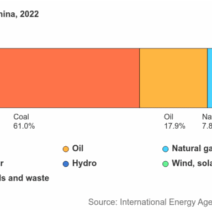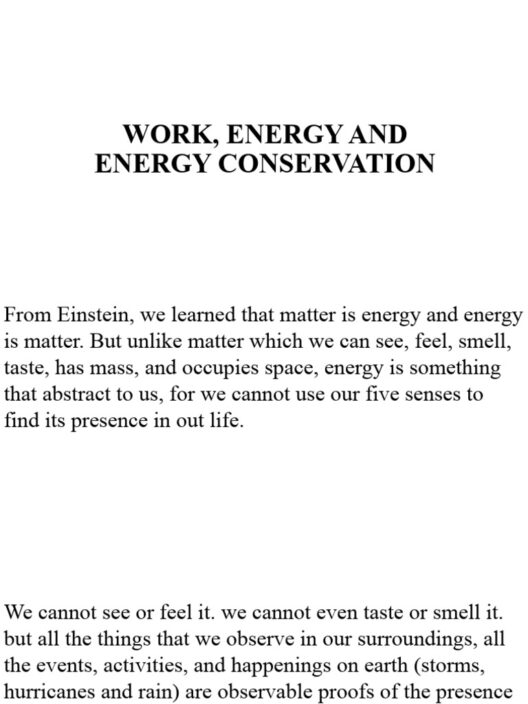In the grand tapestry of environmental challenges, where the threads of humanity’s ambition intertwine with its responsibilities, space rockets and cruise ships present intriguing yet alarming patterns that deserve scrutiny. Both represent the paradox of modernity, embodying innovation and luxury, yet casting shadows over our planet’s fragile ecosystem. As humanity reaches for the stars and seeks solace on the seas, one must ponder the implications of such pursuits on global warming.
Space exploration has historically been akin to gazing into a mirror reflecting our aspirations. It invites awe and admiration, showcasing human ingenuity and the insatiable quest for knowledge. However, these high-flying ventures come at a price. Each rocket launch emits a cocktail of greenhouse gases and black carbon particles, potent agents in our atmospheric chemistry. Unlike terrestrial vehicles, rockets operate outside the denser layers of the atmosphere, which alters how these emissions interact with climatic systems. The resultant effect is more profound than it appears at first glance, akin to tossing a stone into a tranquil pond, where ripples extend far beyond the point of impact.
When rockets push through the stratosphere, they release gases such as carbon dioxide, water vapor, and nitrogen oxides. Each component plays a distinct role in the complex mechanism of climate change. Water vapor, for instance, is a potent greenhouse gas at high altitudes, where it can trap heat more effectively than it would at ground level. Simultaneously, the black carbon emitted can settle on polar ice, reducing its albedo effect and hastening melting processes. Thus, while humanity stretches toward the cosmos, its actions inadvertently warm the very planet it seeks to explore.
On the other end of the spectrum, cruise ships, those floating cities of leisure, provide a stark juxtaposition. They embody escapism amidst nature’s bounty, yet they are harbingers of environmental degradation. Operating on the high seas, these leviathans consume vast quantities of fuel, releasing sulfur oxides, nitrogen oxides, and particulate matter—each contributing to air pollution and the greenhouse effect. The International Maritime Organization estimates that shipping emissions contribute about 3% of global CO2 emissions, a figure that highlights the urgency of addressing this issue.
Imagine each cruise ship as a black hole, consuming resources and spewing waste while drawing in eager vacationers. These vessels create a microclimate, altering air and water temperatures in their wake. Additionally, the waste management practices aboard many cruise ships often fall short. Discharge of sewage and wastewater, laden with nutrients, leads to eutrophication in coastal waters, culminating in algal blooms and dead zones, where marine life ceases to exist. The allure of these extravagant getaways belies their ecological toll.
Furthermore, the unique appeal of both space tourism and cruise vacations lies in their illusion of escape. Rockets promise a journey beyond earthly bounds, while cruise ships offer a retreat to paradise. Yet, the impact of these indulgences cannot be measured solely in terms of emissions. The infrastructure that supports them—manufacturing facilities for rockets, and ports for cruise ships—exerts considerable pressure on local environments, consuming resources and generating waste long before passengers even board.
The juxtaposition of these two domains starkly reveals a pivotal question: at what cost do we pursue such experiences? The allure of space exploration resonates deeply within the human psyche, invoking sentiments of adventure and exploration. However, this excitement must be tempered with a sense of responsibility to the planet. The issuance of regulatory measures for rocket launches, coupled with a push for sustainable alternatives, has become paramount. Industries are exploring biofuels and innovative propulsion systems as a means of mitigating emissions, echoing a broader plea for a greener futurism.
In a similar vein, the cruise industry is increasingly being urged to embrace sustainability, moving away from heavy fuel oil to liquefied natural gas and investing in advanced waste management systems. The challenge lies in transforming these behemoths of leisure into vessels of ecological stewardship. Initiatives such as the incorporation of shore power and the use of advanced technology can redefine the very essence of cruising, allowing individuals to indulge their wanderlust without inflicting irreparable harm on our oceans.
Both sectors require a cultural shift—a rekindling of our relationship with the planet where adventure does not equate to exploitation. Just as we recalibrate our expectations of luxury, we must embrace the notion that true wealth lies not in how far we can travel or how opulent our experiences can be, but in the health of the systems that sustain us. Emphasizing ecotourism and sustainable space practices nurtures a balance—a symbiosis between human endeavor and environmental preservation.
As we navigate the uncharted waters of climate change, it is essential to consider the paths we forge in both the sky and the sea. The tales of our journeys should not be adorned with the fabric of destruction but rather stitched with threads of sustainability. The question is no longer whether space rockets and cruise ships impact global warming, but how we can innovate and restructure our relationships with both these endeavors for a future that honors both exploration and responsibility.
As we look toward the stars while enjoying the balmy sea breeze, may we do so with a conscientious heart, understanding that the true voyage lies in harmonizing our thirst for adventure with our duty to safeguard the Earth. Only in this manner can we hope to leave a legacy that pays homage to both our human spirit and the planet that nurtures it.








